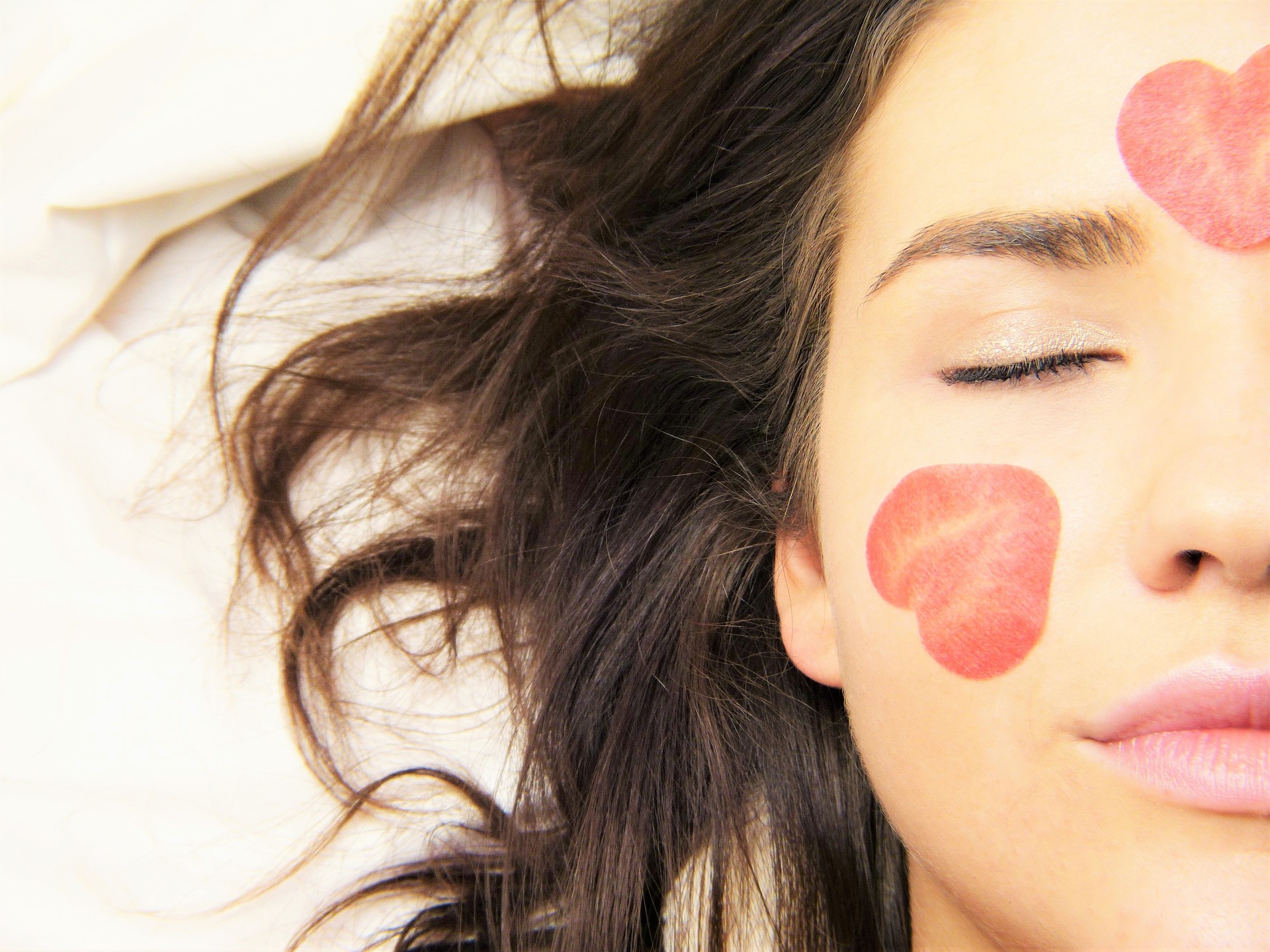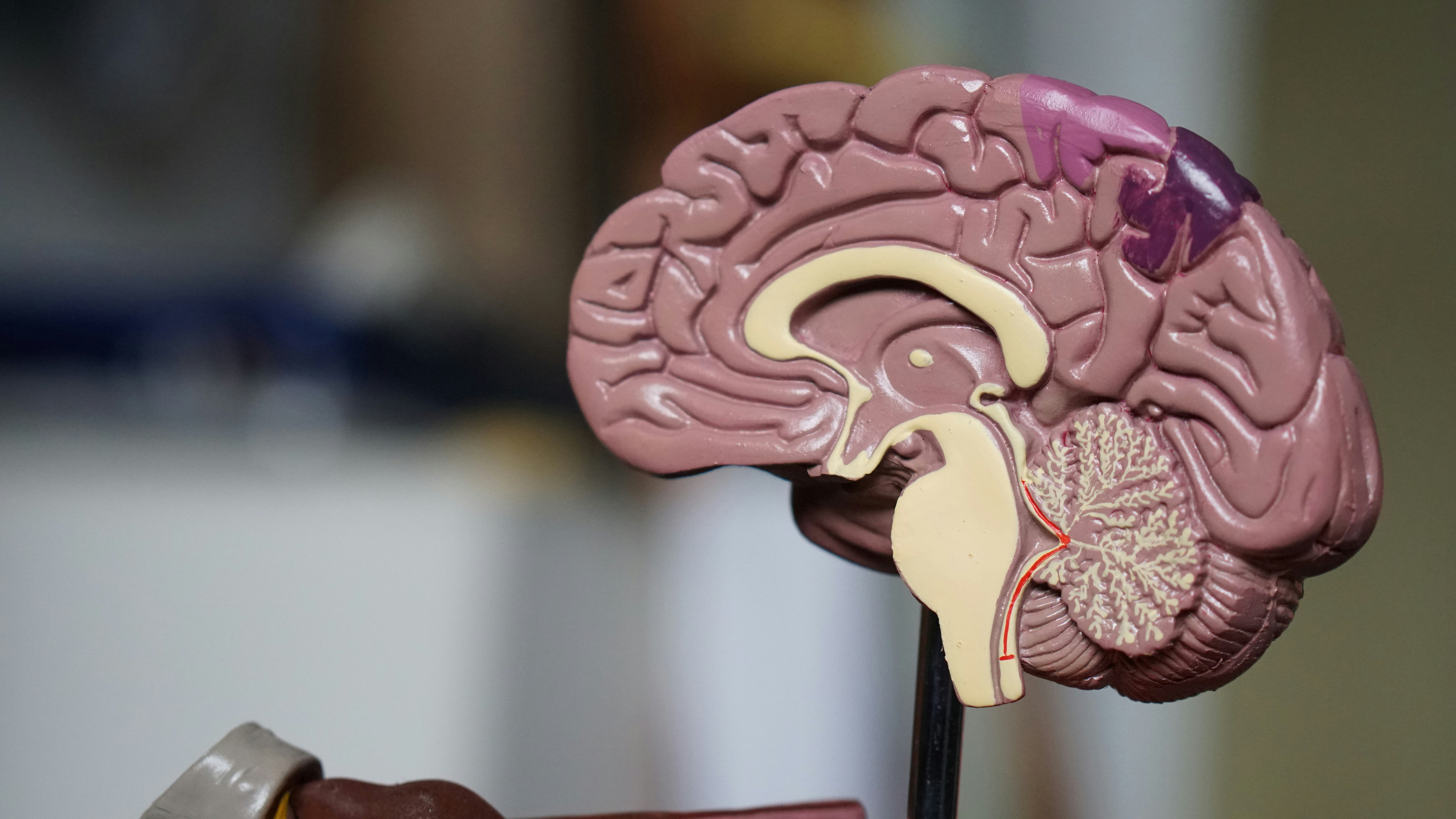Beauty Sleep Science: Why Nighttime Routines Transform Your Appearance
Most people have heard the term "beauty sleep," but few understand the profound science behind this concept. Getting adequate rest doesn't just feel good—it fundamentally transforms your appearance through complex biological processes that occur primarily during deep sleep phases. The connection between sleep and beauty isn't merely folklore or clever marketing; it's grounded in substantive scientific research about cellular regeneration, hormonal balance, and tissue repair. Modern research has revealed that sleep quality affects everything from skin elasticity and wrinkle formation to hair growth and muscle recovery. As our understanding of chronobiology—the study of biological rhythms—advances, beauty and fitness professionals are increasingly developing products and routines specifically designed to work with our body's natural nighttime renewal processes rather than against them.
Sleep Cycles and Skin Regeneration
Our skin follows a predictable 24-hour regeneration cycle that peaks during sleep. Between 11 PM and midnight, cell mitosis—the process where skin cells divide and replicate—reaches its maximum activity, with skin cell regeneration nearly doubling compared to daytime rates. During deep sleep phases, growth hormone levels surge, stimulating collagen production, which is essential for maintaining skin elasticity and preventing premature aging.
This nighttime renewal process requires specific conditions to function optimally. Research from the Journal of Clinical Investigation demonstrates that just one night of poor sleep can increase inflammatory markers in the skin, accelerate moisture loss, and slow barrier recovery by up to 30%. The skin’s microcirculation also increases during sleep, allowing greater nutrient delivery and toxin removal from dermal tissues.
Interestingly, researchers have identified that skin cells follow their own circadian rhythm that operates independently from the brain’s master clock, meaning that topical skincare ingredients can be optimized for application at specific times to enhance effectiveness.
Hormone Regulation and Weight Management
Sleep quality directly influences hormones that control appetite, metabolism, and fat storage. During deep sleep phases, the body releases growth hormone, which not only helps repair damaged tissues but also promotes fat metabolism and preserves lean muscle mass—crucial factors for maintaining body composition.
Poor sleep disrupts the delicate balance between leptin (which signals fullness) and ghrelin (which triggers hunger). A landmark study in the Annals of Internal Medicine found that dieters getting only 5.5 hours of sleep lost 55% less fat and 60% more muscle mass than those sleeping 8.5 hours, despite consuming identical calories. This demonstrates how sleep quality, independent of diet, significantly impacts body composition.
Furthermore, inadequate sleep increases cortisol (stress hormone) levels, which promotes fat storage, particularly in the abdominal region. Research from the University of Chicago found that just four days of sleep restriction can reduce insulin sensitivity by 30%, creating conditions where the body stores rather than burns calories.
The Blood-Brain Barrier and Cognitive Appearance
Sleep quality affects cognitive function and neural health in ways that visibly impact appearance. During deep sleep, the glymphatic system—the brain’s waste clearance mechanism—becomes up to ten times more active, flushing out inflammatory proteins and toxins that accumulate during waking hours.
This cleansing process has direct aesthetic implications. Sleep-deprived individuals consistently score lower on visual attractiveness scales, with studies showing that observers can reliably identify sleep-deprived faces by subtle cues including drooping eyelids, darker under-eye circles, paler skin, more wrinkles, and reduced expressiveness.
Research from the Karolinska Institute demonstrated that sleep-deprived people were rated as looking significantly less healthy and attractive compared to when they were well-rested. These perceptible changes occur because facial muscles lose tone during sleep deprivation, blood vessels dilate causing increased dark circles, and inflammatory cytokines affect skin color and texture.
Nighttime Skincare Optimization Strategies
The skin’s increased permeability during sleep creates an optimal window for targeted ingredient delivery. Transepidermal water loss increases by nearly 25% at night, which makes evening the ideal time for applying hydrating ingredients like hyaluronic acid and ceramides that can penetrate more effectively.
Active ingredients like retinoids and certain peptides work more effectively at night not only because of increased skin permeability but because some compounds, particularly retinol, degrade when exposed to sunlight. Research from the Journal of Investigative Dermatology shows that skin cell turnover accelerates by up to 30% when effective ingredients are applied before peak regeneration hours.
Temperature also plays a crucial role in nighttime skincare efficacy. The skin’s surface temperature increases slightly during sleep, enhancing ingredient penetration. However, research indicates that keeping the ambient sleeping temperature between 60-67°F (15-19°C) optimizes both sleep quality and skin barrier function, while excessively warm environments can trigger inflammatory responses in sensitive skin.
Nighttime Movement Recovery Processes
Physical activity enthusiasts benefit tremendously from understanding sleep’s role in performance and recovery. During slow-wave sleep, blood flow to muscles increases significantly, delivering oxygen and nutrients essential for repair. Growth hormone release peaks approximately 60-90 minutes after falling asleep, initiating protein synthesis that rebuilds muscles damaged during exercise.
A groundbreaking study in the European Journal of Applied Physiology demonstrated that athletes getting less than six hours of sleep showed 30% slower reaction times and 10-30% decreased performance metrics compared to those sleeping eight hours or more. More surprisingly, research from Stanford University found that basketball players who extended their sleep to 10 hours per night improved shooting accuracy by 9%, increased sprint times, and reported better physical and mental wellbeing.
Sleep quality also directly affects the inflammatory response to exercise. Studies show that adequate sleep increases the production of protective cytokines and enhances T-cell activity, allowing the body to recover more efficiently from workout-induced microtears in muscle fibers.
Creating An Evidence-Based Nighttime Beauty Routine
The most effective nighttime beauty routines work with the body’s natural biological processes rather than against them. Starting with sleep environment optimization is crucial—blackout curtains eliminate disruptive light exposure that can suppress melatonin production, while maintaining a cool bedroom temperature (60-67°F) enhances both sleep quality and skin barrier function.
Establishing a consistent pre-sleep routine signals the body to begin relaxation processes. Research indicates that activities performed consistently before bed become powerful behavioral cues for sleep initiation. Ideally, skincare routines should be completed 30-60 minutes before bedtime to allow products time to absorb before skin contacts pillowcases.
Silk pillowcases have demonstrated benefits beyond mere luxury—dermatological studies show they reduce friction on facial skin by 43% compared to cotton, minimizing sleep creases that can become permanent wrinkles over time. They also absorb significantly less skincare product than cotton alternatives, allowing active ingredients to remain on the skin rather than transferring to bedding.
The timing of exercise also influences sleep quality and subsequent appearance benefits. Research published in Sleep Medicine Reviews indicates that moderate-intensity exercise completed at least 90 minutes before bedtime increases deep sleep duration by up to 10%, maximizing the release of growth hormone and optimizing cellular repair processes.






